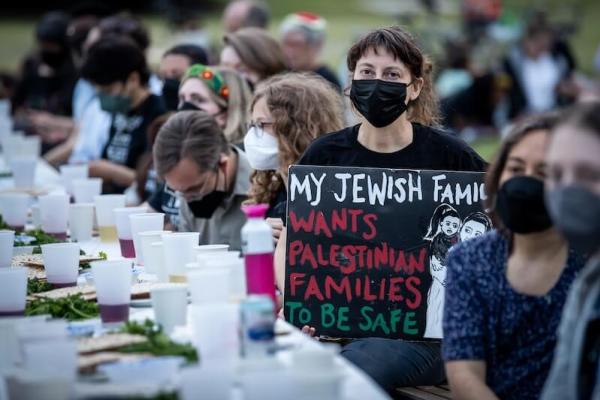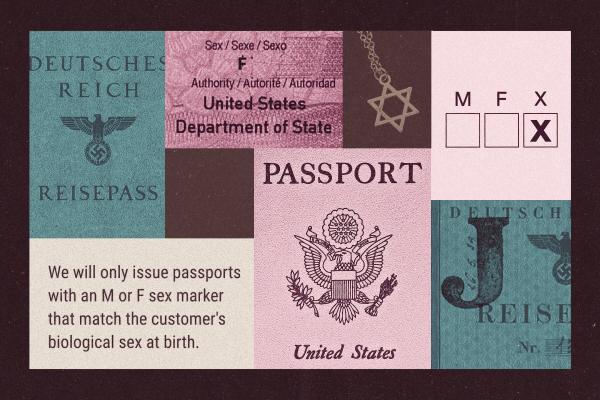Women have the right to live free from violation to their bodies.
There is nothing profound about this statement. I want to believe it holds no hint of hyperbole, that this is a commonly held belief, that it is in fact true. But in light of the rhetoric circulating in recent weeks, I’m not so sure. “Boys will be boys” shadows claims of assault and abuse about as predictably as the pervasive reality of sexual violence in the U.S., time and time again, dismissing violations of this basic right.
This past weekend — while our nation was inflamed in debate over the credibility and relevancy of allegations brought against Supreme Court nominee Judge Brett Kavanaugh — I cared for my two godsons. Amid the refrain of trivializing statements from elected officials, a question reverberated in my mind: What kind of men will these boys become?
In just a mere handful of months, #MeToo has demanded attention to a crisis interwoven in the fabric of who we are. The current debate exemplifies this national identity well: A self-professed serial abuser nominated to a lifetime judgeship, a person who was later accused of multiple instances of abuse. As we deliberate over this escalating crisis, boys are listening to the conversation and observing its outcome. The pervasiveness of domestic abuse and sexual assault is an epidemic we cannot afford to ignore.
Boys will be the kind of boys they are socialized to be. Sadly, common wisdom suggests:
When men treat survivors with contempt and scorn at their claims as mere inconveniences, boys learn it is acceptable to violate the dignity of others without regard for consequences.
When unacceptable words and actions of men are dismissed as an impulse of their nature, boys learn bodies can be consumed and discarded.
When men exemplify that is permissible — expected even — to behave as less than fully human, boys learn to treat others as subhuman.
The destructive values inherent in these lessons are affirmed each time we refuse to truthfully engage the allegations surfaced in our schools, workplaces, homes, and churches — this is what is instilled in boys. But we are currently in a moment of mass social upheaval and reckoning. The tireless efforts and courageous vulnerability of those in the #MeToo and #ChurchToo movements have forced us to confront the reality of who we are and what we are passing on to future generations.
Observing my godsons — both of whom are under the age of 5 — I marvel at the tenderness they display toward one another. What kind of men might they become if the compassion, empathy, and vulnerability clearly inherent in their nature is affirmed? Though even in my wondering, I also grieve knowing that our society will seek to crush these traits and replace them instead with the norms of masculinity.
This week is about more than Brett Kavanaugh’s nomination to the Supreme Court. How we respond to the allegations brought forth by Dr. Christine Blasey Ford and others reveals how we will respond to the question #MeToo refuses to let go unanswered: Do women have the right to live free of violation to their bodies?
Nearly every week we learn of the fall of yet another priest or megachurch pastor, actor or public figure that has failed to commit themselves to an unwavering “yes” in response to this seemingly basic question. While the process is undeniably painful, may we embrace this time of reckoning and let each fall be a cleansing giving birth to healing and transformation.
And what might that transformation look like? It is a cultivation new values rooted in a theology of bodies. A theology that recognizes, affirms, and protects all bodies as holy image bearers of God, for in the adapted words of Wendell Berry:
“There are no unsacred [bodies];
there are only sacred [bodies]
and desecrated [bodies].”
Got something to say about what you're reading? We value your feedback!







